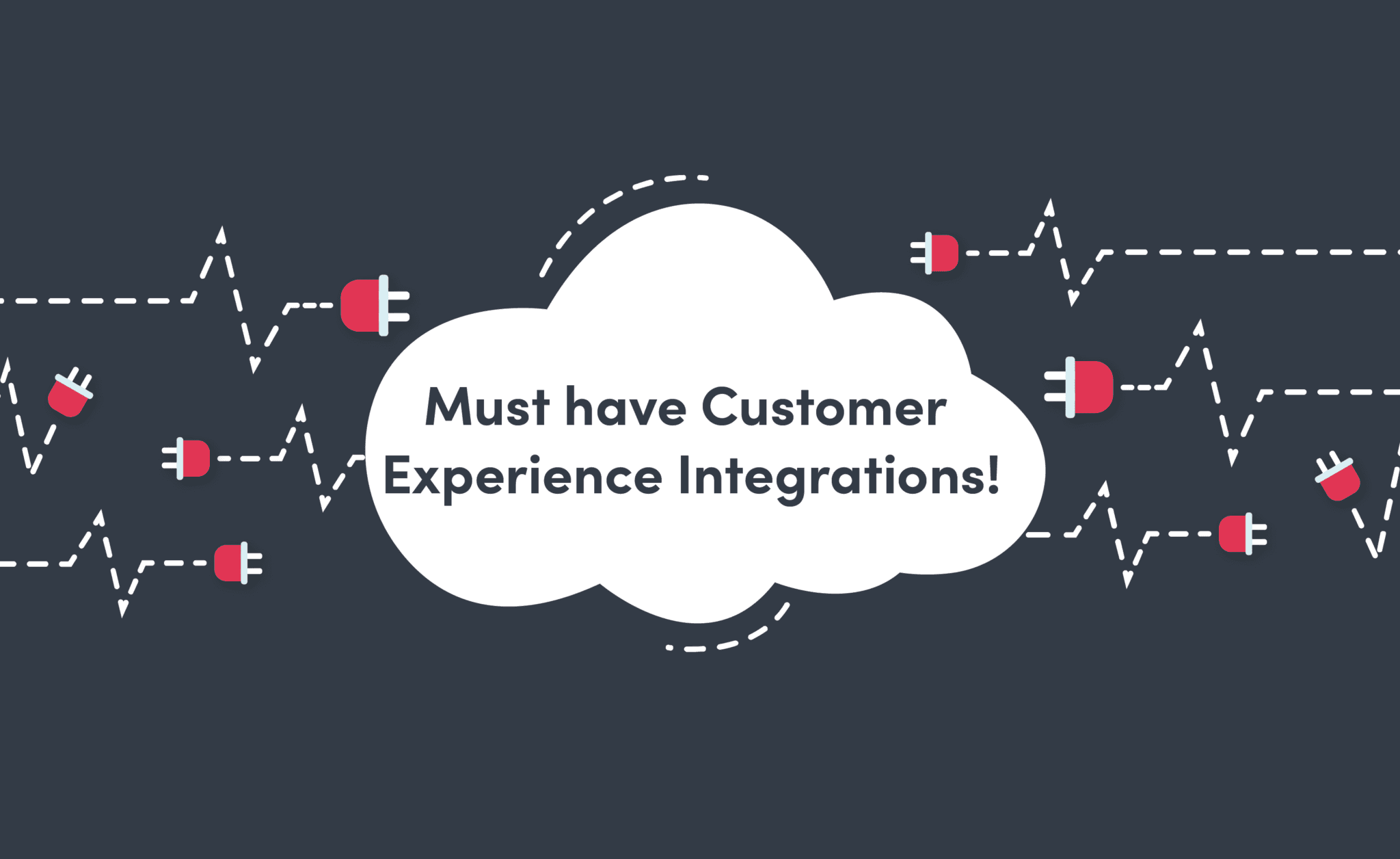
Updated on by Hayley Brown
In the modern world, great customer experience is what makes an organisation stand out from the competition. It is a critical element to help an organisation sustain growth. In addition, a positive experience can result in loyalty, increased retention and encourages brand advocacy.
Probably the most famous example of a brand delivering a good customer experience is Amazon. The organisation consistently delivers great customer experiences and provides ease and comfort to its customers. They achieve this with personalisation, searchability, product education and knowing their touchpoints.
What is customer experience?
Customer experience is everything a customer or user feels while interacting with a business. This includes their perception and feelings about the organisation during all stages of the consumption process. From pre-purchase, consumption and post-purchase.
A customer’s experience is influenced by several factors, including how a website or store is laid out. As well as how easy it is for them to find products and the level of service they receive throughout.
Customer experience and surveys/reviews go somewhat hand in hand and provide ample data for an organisation. As a result, this can inform your service and help improve processes.
Popular Customer Experience and Survey Connectors
Typical Customer Experience and Survey Integrations
Adding automated processes to orchestrate your data can further enhance your customers’ experience. There are a number of ways you can implement integrations into applications you already use.
Customer Experience & Sales Integration
From the start of a customer’s journey, it is important to get off on the right foot during the sales process. As this can influence their decision to go through with a purchase.
One sales integration example could be to integrate a previous conversation a lead has had. Then attaching it to their profile for the sales representative to access. This helps save both you and potential customer time.
As a result, they don’t need to explain why they need the product or their use case. As the sales representative already has access to the necessary information and can provide a personalised experience.
Other Customer Experience and Sales Integration examples:
- Add new sales lead from new chat conversations and add a record of chat to lead
- Create a sales lead from a chat conversation and attach the conversation to a profile
Customer Experience & Email Integrations
Building customer experience and email integrations can help understand which way a customer has interacted with your organisation. In other words, if they have filled out a form, or taken a sales call, or made a purchase. Using an automated workflow to send a survey about their experience can help measure their satisfaction.
For instance, building a third-party integration is triggered post-purchase. In other words, sending a survey to a customer after they have experienced the product. This contains appropriate links for leaving a review or providing feedback. Then depending on the nature of the feedback, it can trigger a support ticket to follow up, or an appreciation email.
Other Customer Experience and Email Integration examples:
- Add survey review link in email post-purchase
- Send a review link after a support chat conversation
Customer Experience & Website Integrations
Your website or online store is a place customers should easily manoeuvre around and search for the product they require. In addition to the website’s ease of use, many use a chat feature. This is a useful integration to boost customer satisfaction.
For instance, a chat can be initiated when a customer has visited a certain number of pages or is a returning visitor. The feature provides customers with the ability to ask questions about a product or service. Creating a seamless customer experience can result in returning customers and word-of-mouth promotion. It is therefore important to capture their experience.
Other Customer Experience and Website Integration examples:
- Create customer experience invitations from new eCommerce orders
- Initiate chat after customer has clicked on 3 separate pages
- Add a link for customers to review the experience at the end of the checkout process
Customer Experience & Customer Support Integrations
A vital integration is between customer experience and customer support. This is due to support teams having a lot of contact with end-users and customers. As this is where customers report any issues or questions they have. Therefore it is a key area to ensure a user has a good customer experience.
Creating an automated workflow can help. By integrating your support applications with your CRM your team can access the necessary customer data. As a result, teams know the product they are using, how long and any other relevant information.
After the support chat has been initiated or resolved an automated survey. This is where a user can provide feedback on their experience. This data is then collected and orchestrated into a central dashboard to help inform decisions and improve processes.
Alternatively, integration could be triggered based on the end-users survey response. A support ticket can be generated to investigate an issue mentioned in the survey.
Other Customer Experience and Support Integration examples:
- Send a user experience review invitation to contacts from support tickets
- Create support tickets from new survey/form responses
- Trigger different experience questionnaires depending on a user’s response to support service
How are these native integrations useful to your organisation?
Boosting your customer experience with automated workflows can help a user’s overall satisfaction. As a result, amplifying their experience with integrations as suggested above can help with data collection. As well as data orchestration and boost positive overall experience.
Using an embedded integration platform to build your native integration can help measure customer data in one single pane. As a result, this provides your teams with an overall view of your customers. Therefore informing business decisions and gaining actionable insights.